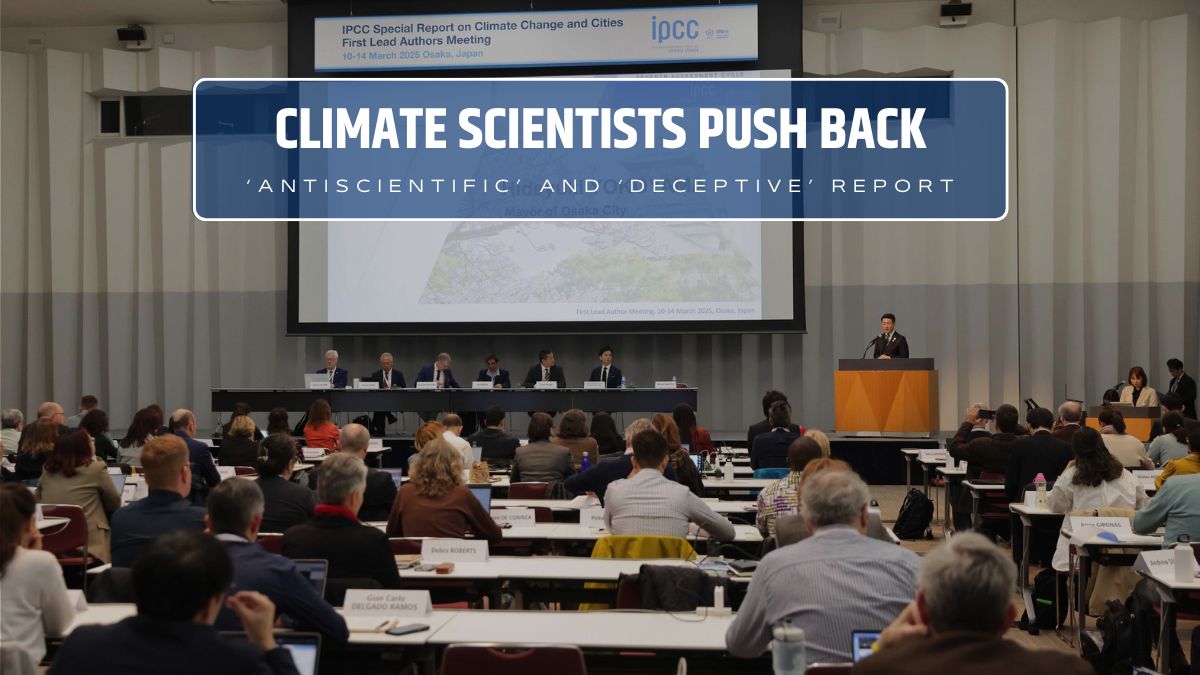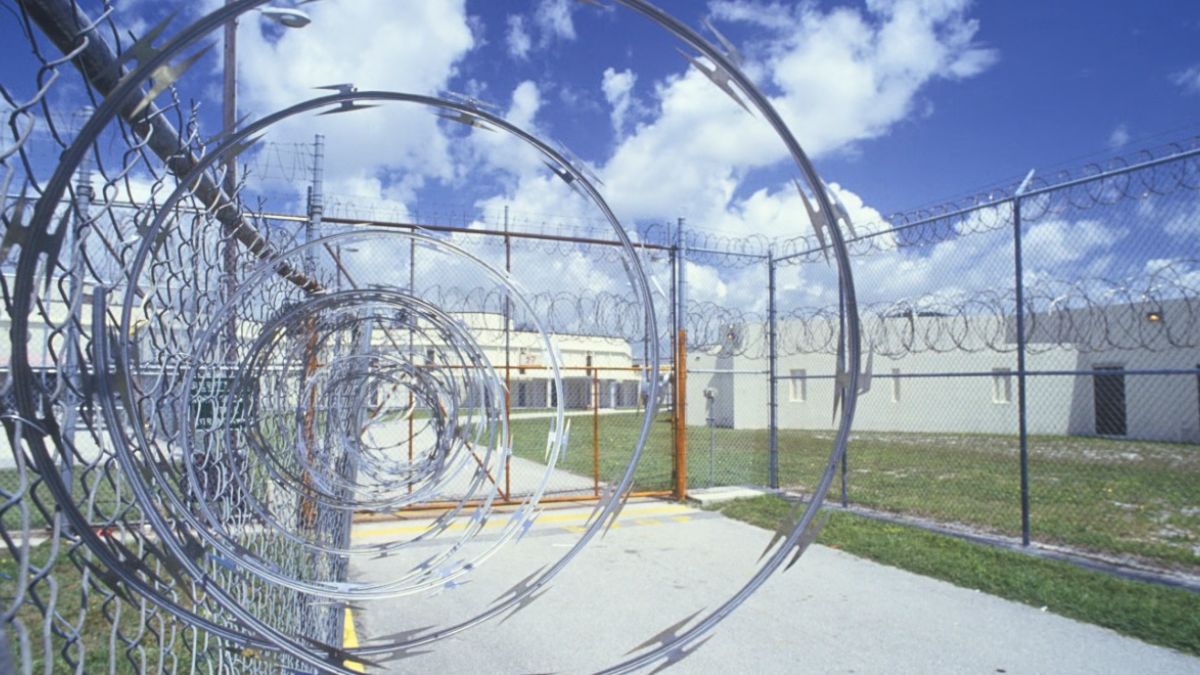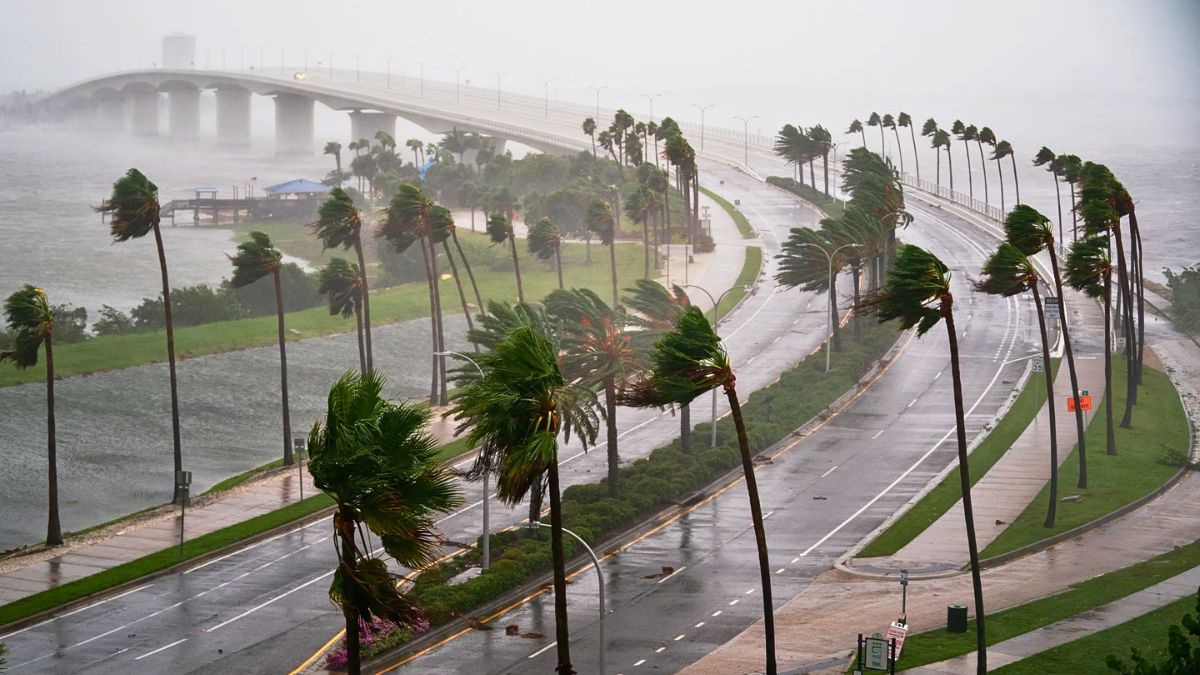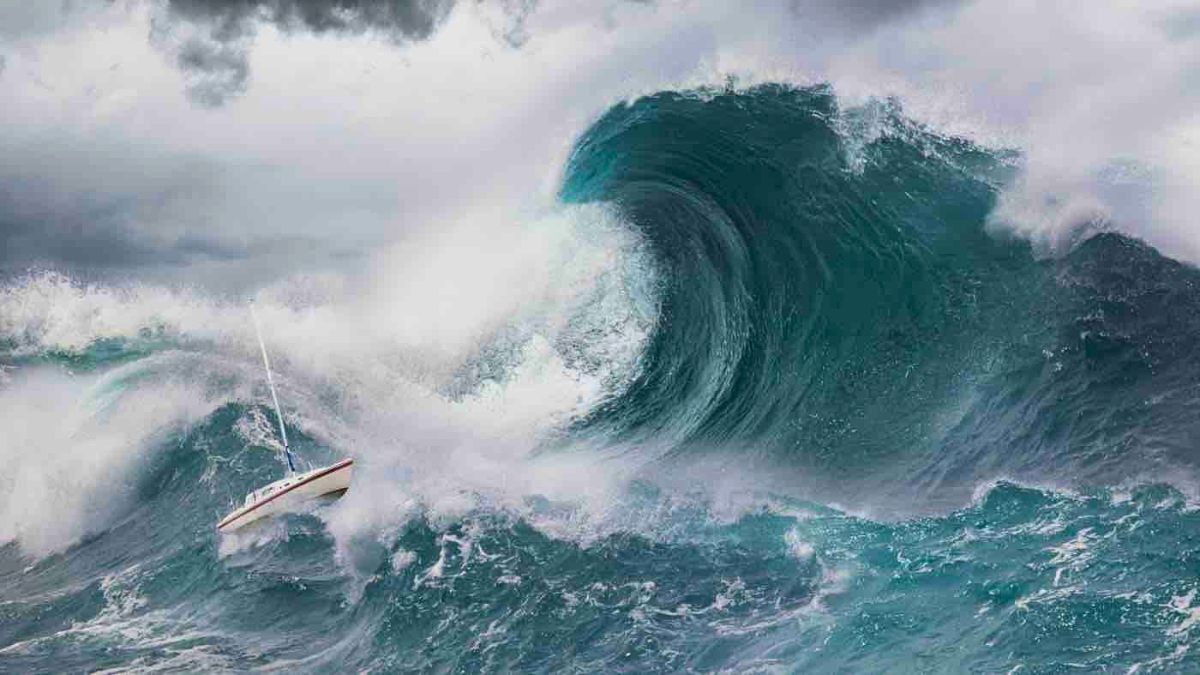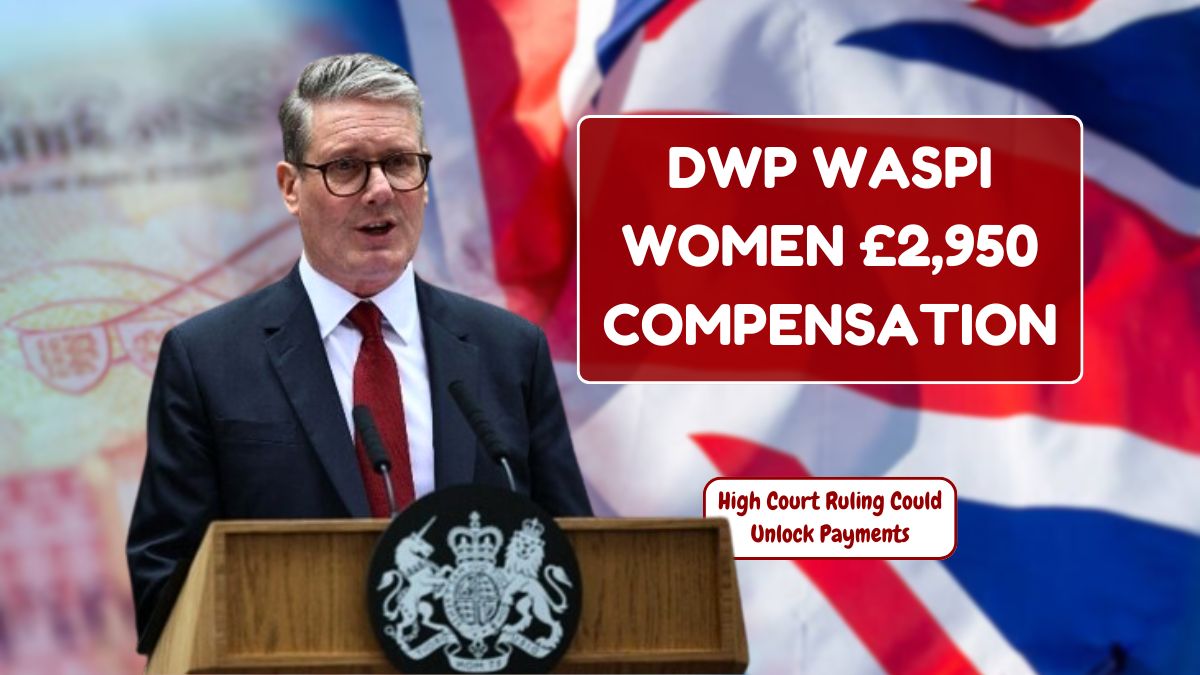A new report from the U.S. Department of Energy under the Trump administration is facing heavy backlash from top climate scientists, who say it misrepresents science, cherry-picks data, and downplays the threats of climate change. Titled A Critical Review of Impacts of Greenhouse Gas Emissions on the U.S. Climate, the 150-page document argues that human-driven climate change may not be as damaging as previously thought—and that aggressive climate policies might do more harm than good.
That’s not just a controversial stance—it’s one that goes directly against decades of peer-reviewed research, including the latest reports from the Intergovernmental Panel on Climate Change, the European Climate Risk Assessment, and the Biden-era Fifth National Climate Assessment.
Contradiction
The DOE report claims higher carbon dioxide levels promote plant growth and agricultural yields and even frames ocean acidification as a positive outcome. This contradicts findings by NOAA and others, which clearly show that lowering ocean pH harms marine life like clams, corals, and plankton by weakening their shells.
It also claims that sea level rise and extreme weather risks are overstated and that cutting greenhouse gas emissions will barely move the needle. The conclusion? We need to weigh the economic costs of climate action against the uncertain benefits of slowing climate change.
Rejection
Scientists are calling the report a throwback to discredited talking points. Michael Mann, a leading climatologist, called it deceptive and antiscientific, filled with misleading arguments and cherry-picked datasets. He said it offers no new insights and simply recycles arguments long used by climate denial groups.
Andrew Dessler from Texas A&M called it a legal brief defending carbon dioxide, not a scientific assessment. He emphasized that real science considers all the evidence—including the kind that challenges your hypothesis. Ignoring that, he warned, veers dangerously close to misconduct.
Public Response
Despite its controversial stance, the DOE has opened a 30-day public comment period. Officials say they welcome feedback from the public, academia, industry, and government stakeholders. But many experts question whether the process is truly open to criticism or just a formality.
Ben Sanderson of Norway’s CICERO climate research center said the report follows a predictable pattern: start with a contrarian claim, selectively highlight supportive studies, then suggest this fringe viewpoint is underrepresented in mainstream science. He pointed out that the report fails to address broader impacts, like heat stress and drought, when discussing so-called benefits like crop yield increases.
Red Team
The report’s conclusions come from a new DOE Climate Working Group, composed of five well-known climate contrarians: John Christy, Judith Curry, Steven Koonin, Ross McKitrick, and Roy Spencer. Many have previously testified in favor of a “red team” approach to climate science—a strategy aimed at challenging mainstream scientific consensus.
DOE officials defended the authors, saying they were selected for their rigor and expertise. Energy Secretary Chris Wright, a former oil executive, claimed he picked them for their honesty, even if they don’t always agree with him or each other.
Still, critics like Mann and Dessler say the authors represent a narrow, ideologically driven perspective that is far removed from the global scientific consensus.
Political Shift
The release of the report coincides with the Trump administration’s plan to revoke the EPA’s endangerment finding—the legal foundation for regulating greenhouse gases. It’s part of a broader rollback of climate protections and regulations that critics say amounts to official endorsement of climate denial.
Naomi Oreskes, a Harvard science historian, said that with this move, denying the reality of climate change has become government policy. Mann echoed the concern, warning that this kind of political interference could defund climate science and block the very measurements needed to track climate change.
Some scientists are now organizing to submit formal responses before the comment period closes. Dessler says the stakes are high—because this report could shape legal battles, energy policy, and the future of climate science in the U.S.
FAQs
What does the DOE climate report claim?
It downplays climate risks and criticizes mitigation efforts.
How did scientists react?
They called it misleading, cherry-picked, and antiscientific.
Who wrote the report?
Five known climate contrarians on the DOE’s Climate Working Group.
What is the red team approach?
A strategy to challenge mainstream climate science.
Why is this report important?
It could influence legal and policy decisions on climate.

